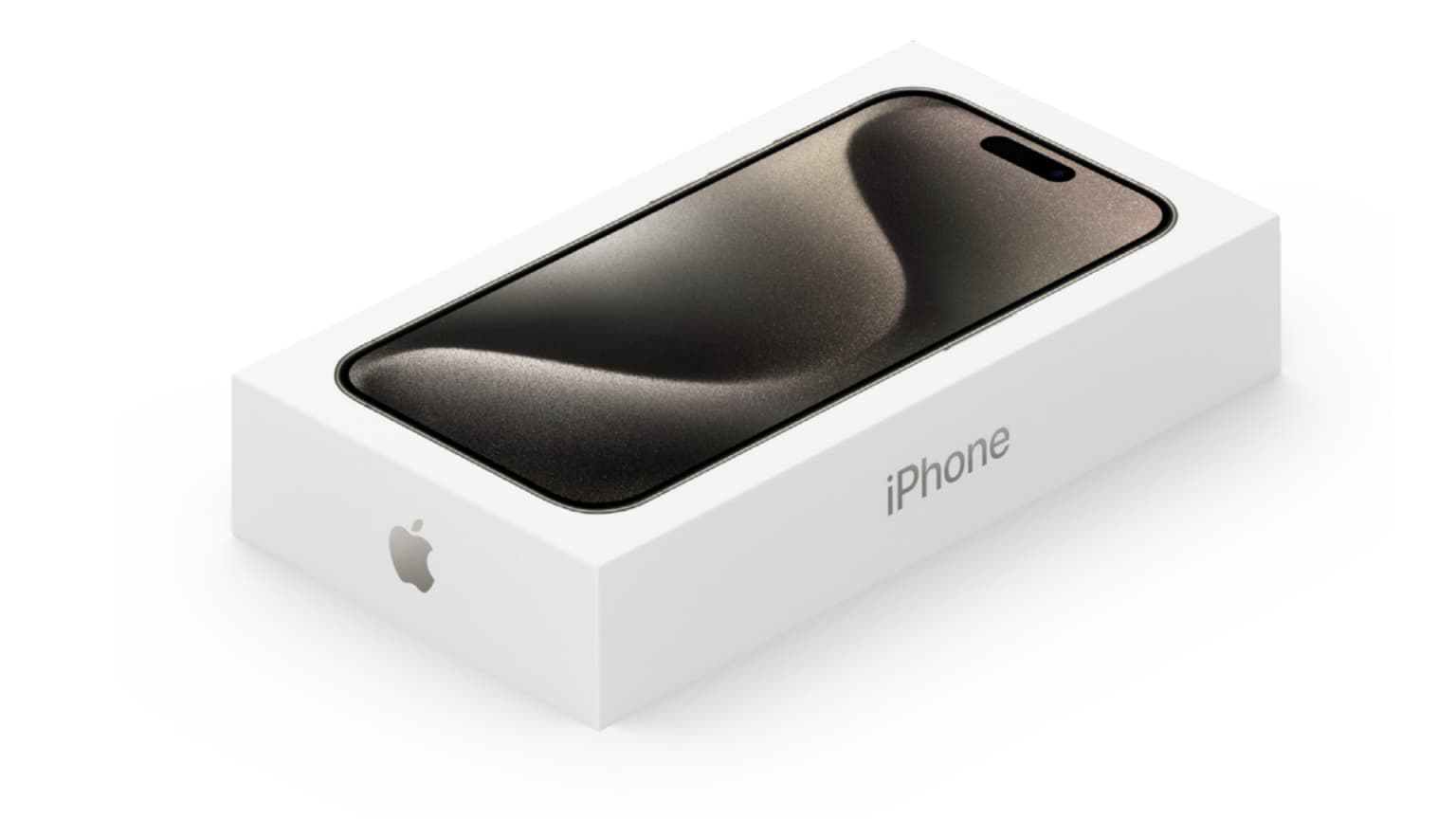So my question here is why should I avoid using free VPNs and should use a paid one ?
By using a free VPN that you haven’t carefully read the terms and conditions of, you might be putting your privacy at more of a risk than it would have been just using the unsecured Wi-Fi network to browse the web in the first place.
How private is your data ?
If you’ve used free VPN services before, you probably remember that you often loose your connection, have problems with loading data or your VPN disconnecting without any reason. Free VPN providers often experience many technical issues with connection, because of inability to manage their technical capacity and accepting more VPN clients than their systems can technically serve. This makes the network overcrowded and the connection highly unstable.
Some VPNs disclose whether or not your web traffic is being logged for this purpose, but most people don’t bother to read the terms and conditions of software before using them to know that – hence the issue.
The kinds of things that a free VPN service might take note of in their little history books are:
- Your IP address with time stamps
- How long you’re using the service
- The types of websites and services you’re using
Other downsides of free VPNs
If the VPN service is free, and is truly keeping your data private, then you’ve at least struck gold in that department, but there are typically a few other side effects of a free VPN that can lessen the user experience of web browsing, and those include:
- Ad-ridden web experiences
- Throttled bandwidth speeds
- Monthly capped data usage
- Lack of or outdated data encryption
While they all seem like fair trade-offs for something that isn’t costing you anything out of pocket, there are a few questions you should be asking yourself about the trade-offs:
- Are those ads they’re showing me safe, or will I get redirected to a malicious website if I click on one?
- Will throttled bandwidth affect my ability to complete a data-heavy task in a limited amount of time?
- How quickly am I going to blow through my data cap before I need more secure data to keep me safe?
- Is the encryption method, if any at all, strong enough to prevent prying eyes from stealing my information?
The best choice for a VPN
When it comes to trusting a third-party with your personal information for web browsing, it can be a tough choice. Some people opt to create their own VPNs using a server they create at home because it’s the only way to be sure your data isn’t being mishandled. Ideally, this may be one of the best solutions, but for some, the skills to create a VPN server at home aren’t in arm’s reach.
On the other hand, there are some paid VPNs out there that have a good reputation for security. One of the more notable is Private Internet Access, which promises two major things according to the company’s website: “encrypted connections,†and “anonymous IP addresses†so that your information and usage is never logged. The price is also fair, at anywhere from $2.50-4.98 per month.
These are the kinds of things you should be looking for when shopping around for a VPN. You don’t want your IP address getting logged or time-stamped, and you want your data being sent back and forth to be encrypted with up-to-date encryption methods.
Conclusion
The big picture here is things aren’t always as they seem to be. Although a company may advertise immunity from being snooped on, they may be the ones doing most of the snooping in the end, so you should always be wary about what VPN you choose to trust and read the terms and conditions before toggling on that VPN service and allowing your personal web traffic to pass through it.



